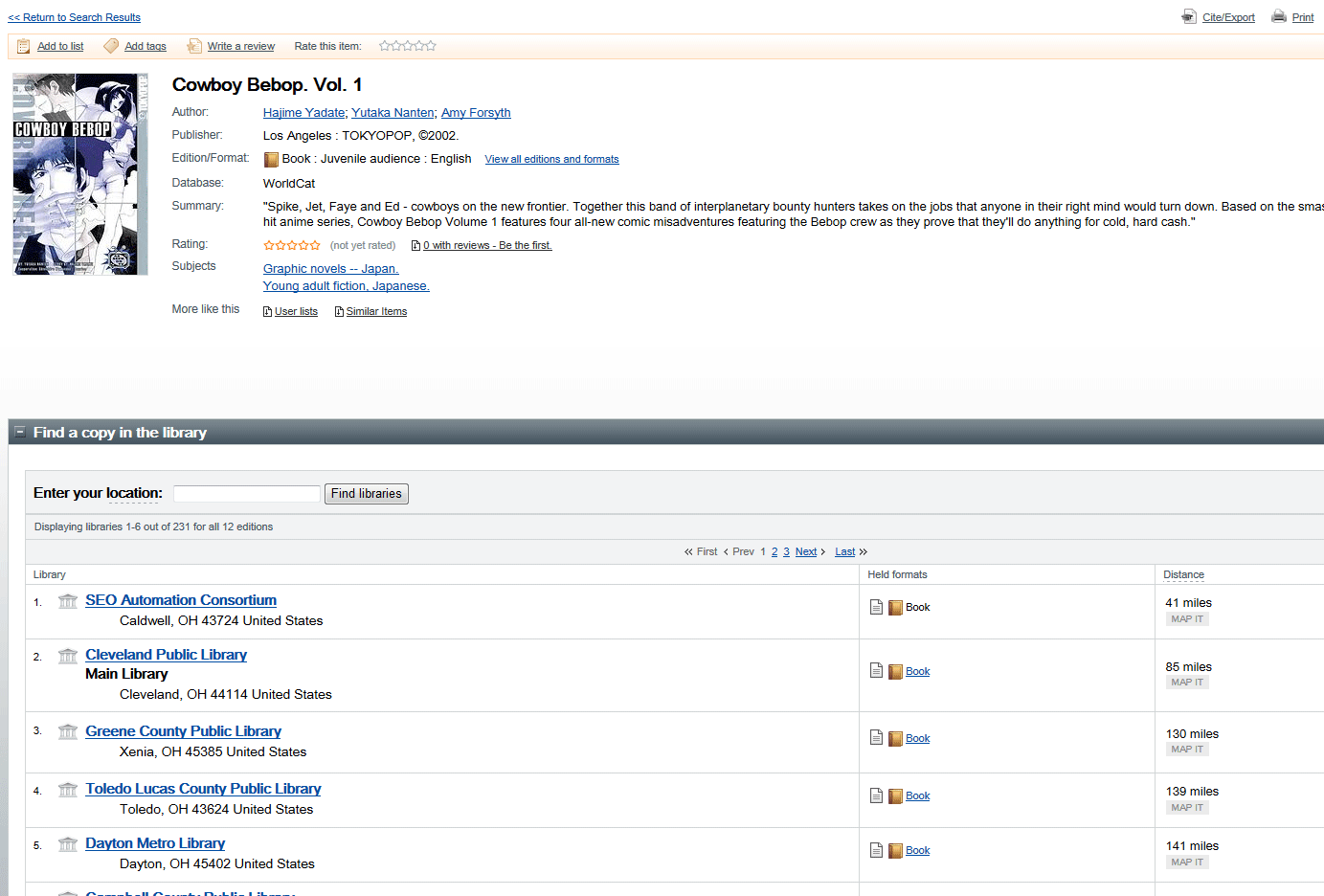
Microsoft and Google work to fold their Large Language Models, better known as ChatGPT (Bing version) and Bard respectively, into their search engines. What does this mean? For users, answers can become more immediate. For writers, less traffic.
People don’t click beyond the first page of search results in most cases. Considering this well-known behavior, once LLM results dominate the first page of a search, most people will settle for that. This is why I suspect traffic will decline for small blogs like JP in particular. In fact, JP’s been seeing a significant decline in search traffic since last year. This might be because of what I’ve been writing lately. I’m covering anime a bit less because I’ve been watching anime less and reading history more. However, I also suspect search engine changes contribute to this. Now, I’ve written about how you shouldn’t worry about numbers. Rather, you should aim at internal goals and at learning. Despite knowing this, even I’m vulnerable to the effect of numbers on motivation. A decline of over 150,000 views over a year will do that!
We sit in a period where people don’t read, as I’ve written about before. As a writer and a librarian, the decline in books and reading concerns me. According to Pew Research, about 23% of American haven’t read a single book in a year. One book. I read a book every week or so. The trend away from reading carries over to the Internet too. Video dominates Internet traffic nowadays.
My point: small text-based websites are at the mercy of large companies like Google and the trend away from reading. But you can support sites like JP by subscribing to email notifications or their RSS feeds. I favor RSS, but for some reason the popularity of it has waned. RSS allows you to read a variety of websites in a single RSS reader. It’s nice and brings everything into one application.
JP has both an RSS feed and an email subscription (below).
As LLMs disrupt and change how we use the Internet, direct contact and visiting will matter more if you want to support your favorite writers. As video, audio, and chatbots centralize the Internet even more, it falls on us as readers to subscribe and directly visit our favorite small websites.




I believe it’s a multifaceted problem that a good percentage of us bloggers now confront, myself included. The reality is that even adding regular content hasn’t stopped the tide of diminishing visitors. Since COVID, I’ve seen around 20 percent fewer visitors to my blog. As you rightly point out, video continues to take an increasingly large slice of internet traffic together with social media, and it follows that people now spend less time reading. Also, more than half of my readership is made up of those residing in Japan. Many left during COVID and haven’t been replaced, along with the international visitors’ numbers that have yet to fully recover. LLMs certainly look to make it even harder to attract new readers or even retain those that do frequent our sites.
Do you think we should aim at retaining visitors instead of focusing on growth? I read about how newsletters are supposed to help, but I don’t know of anyone who subscribes or reads them in my circle. Anecdotal isn’t good evidence, but at the same time, I’ve not seen a good study that convinces me newsletters work. I don’t like them unless they are a post notification email or a digest of articles posted that week.
Good question. I think growth is still important to combat natural attrition. At some point or another, even loyal visitors fall by the wayside. Thus, attracting new readers is important. As for newsletters, I personally have never bothered with them and am not sure about their effectiveness. I always felt my time was best spent writing new material for the blog rather than creating newsletters. Though I could be wrong.
Good point about how we lose loyal readers over time. There’s no easy solution as long as one or a few companies act as gatekeepers for access. In many ways, I miss the old days of the Internet. It wasn’t as easy to use, but it was less subject to the whims of a few.